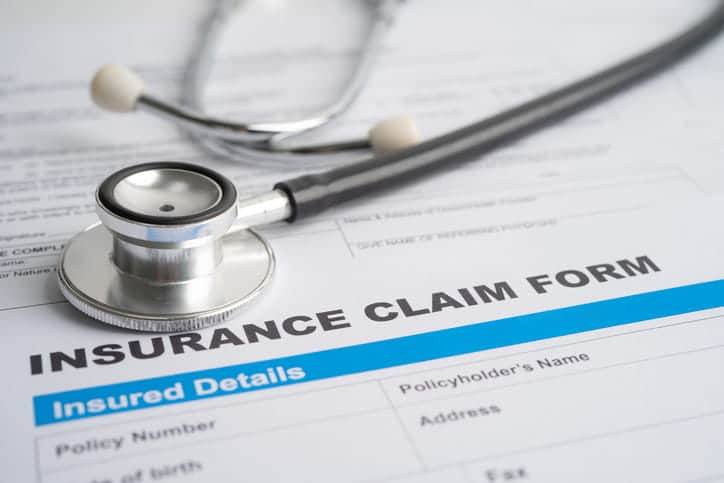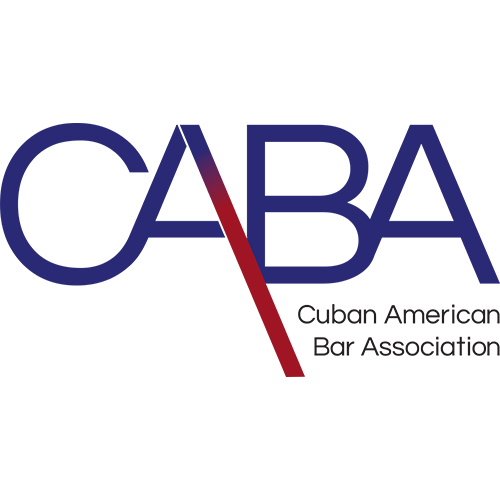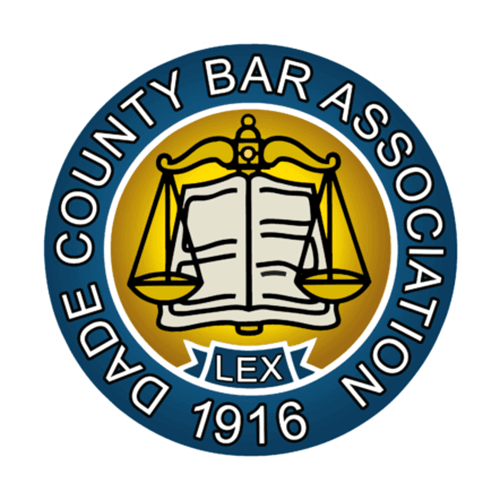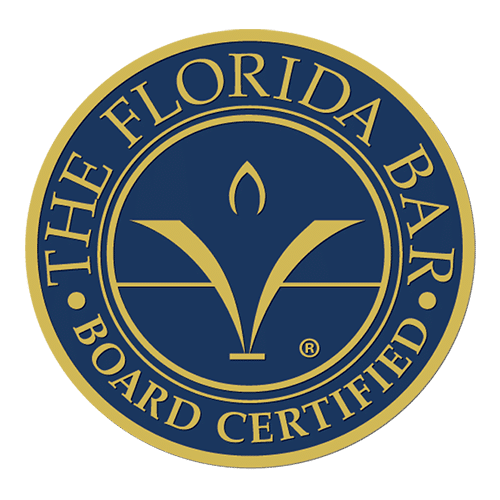Does Medicare Cover Car Accident Injuries?

After you suffer injuries in a car crash, you may need emergency care, medical treatment, physical therapy, and medication. But waiting for a personal injury settlement is often impossible. The pain and disabilities caused by your injuries might leave you unable to function.
Fortunately, Florida drivers and passengers have many options for paying medical bills while they wait for their personal injury settlements or damage awards. No-fault auto coverage, optional add-ons to your auto policy, and health insurance — including Medicare — will pay for reasonable and necessary treatment.
NO FEES UNLESS WE WIN
Protecting Your Rights Since 1983
If you or a loved one has suffered injuries from a car accident, contact the car accident attorneys at Bernstein & Maryanoff for a free legal consultation.
Hablamos Español
Options for Getting Medical Treatment for Car Accident Injuries
When it comes to paying for your crash-related medical bills, you need to look at all your options. Some options have lower limits or less generous benefits. You will need to balance each option’s benefits and drawbacks to get the treatment you need with the lowest out-of-pocket cost.
When you win or settle your personal injury case, your compensation covers your medical expenses, including any out-of-pocket costs you incurred.
Some options you have to pay for your medical bills include the following:
Personal Injury Protection Coverage
Florida has a no-fault auto insurance system. The Department of Highway Safety and Motor Vehicles states that every vehicle owner must buy an auto insurance policy with $10,000 in personal injury protection (PIP) coverage. PIP benefits people injured in auto collisions, including covered drivers, passengers, pedestrians, and cyclists.
“No-fault” means the insurer pays these benefits regardless of who caused the crash. Specifically, everyone injured in the crash, including the driver who caused it, can get PIP benefits from their insurer.
PIP pays only 80% of your medical bills up to the $10,000 policy limit. Thus, if you receive a $5,000 medical bill for X-rays and a cast, your PIP coverage will pay $4,000 of it, and you will be responsible for the remaining $1,000.
Med Pay Coverage
Med Pay coverage is an optional add-on to your auto insurance policy. It is specifically designed to cover out-of-pocket medical expenses, including insurance gaps, copays, and deductibles. As a result, you do not pay a copay or deductible to use Med Pay coverage. Instead, these benefits cover any reasonable and necessary medical expenses that were not paid by your other insurance options, if any.
Med Pay has two drawbacks. First, it usually has a low policy limit. It is designed to fill in gaps in your coverage to make sure you can pay for necessary medical care. Second, you must add this option to your auto policy. As a result, most people do not have it.
PIP and Med Pay should be billed first by your doctor and any hospitals you visited.
Liability Claim
If the other driver causes your crash, you can file a car accident claim against them. Under Florida’s no-fault system, you can only pursue liability claims under two circumstances. You can pursue the following losses from the at-fault driver’s liability insurer:
- Unreimbursed economic losses for any injury
- Economic and non-economic losses for significant, permanent injuries
The drawback of a liability claim is that it can take time to get paid. The other driver’s insurer must analyze the fault and will only pay if their customer caused the crash. In other words, this coverage is fault-based rather than no-fault.
Health Insurance, Including Medicare
Your health insurance is no-fault. Whether you have private insurance or Medicare, the insurer will pay for your injuries regardless of the cause. Does Medicare cover car accident injuries? Yes, Medicare always covers car accident injuries. But this leaves two questions.
What Is Covered?
The benefits you have will depend on your Medicare options. According to the Centers for Medicare & Medicaid Services, basic coverage includes Parts A and B. Although most people have both parts, you are allowed to buy Part B without Part A. After a crash, your benefits can include the following:
- Part A covers hospitalization, surgery, rehabilitation, and other medical services
- Part B pays some expenses such as doctor’s visits, X-rays, and diagnostic tests
Medicare does not pay for all costs and has limits on coverage amounts provided. For example, Medicare does not pay for long-term care and rehabilitation.
Do You Need to Reimburse Medicare?
Under Medicare Secondary Payer (MSP) laws, you may need to reimburse Medicare for at least some of the amounts paid for medical care. This happens whenever you have other options that would have paid for medical care but chose to bill Medicare first.
In Florida, your PIP coverage provides medical benefits. If a doctor bills Medicare for something that PIP would have covered, you may need to repay Medicare.
Similarly, your losses include medical expenses if you win a personal injury claim against the at-fault driver. You may be required to repay Medicare from your settlement or damage award, although you can often reduce your payment to account for attorney fees and litigation costs. Bernstein & Maryanoff can help you navigate the complexities of your car accident claim, including Medicare’s MSP laws.
Learn More From an Experienced Lawyer

After a car crash, you should consider consulting Miami car accident attorneys. Bernstein & Maryanoff offers free consultations so you can learn about your rights and options without any fee or obligation to hire a law firm.
During your consultation, you will learn how to pay your medical expenses to get the necessary treatment and therapy. If you have a liability claim against another driver, we bill a contingency fee. This means you don’t pay unless we win your case.
NO FEES UNLESS WE WIN
Protecting Your Rights Since 1983
If you believe you are eligible for damages from a car accident case, schedule a legal consultation with Bernstein & Maryanoff today.
Hablamos Español






